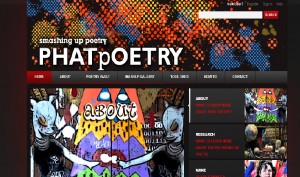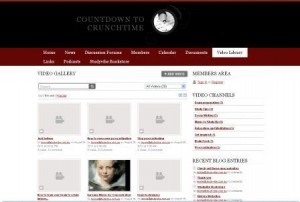St. Patrick’s College of Ballarat hosted its annual Immersion Week for the students in year 9. This included students participating in two and three day elective units. One of those units, ‘Teen Book Video Awards’, was created by the dynamic teaching team of Michael Goss and Julia Petrov.
The unit involved students using online tools to create book trailers and publishing them to the Library webpage. The students used Windows Movie Maker to construct the trailer, Jam Studio to create the music and Flickr images as well as their own photography. The end result was impressive and the students are now keen to vote for their favourite trailer.
Here are two examples of student work:
Shutter Island by Lachy L and Joey S
Cirque du Freak by Lachlan K and Ash D
And here is the unit outline.
TEEN BOOK VIDEO AWARDS!
Digital Trailers
Description
Everyone loves a good story, so why not share some of the stories you have loved with others? In this unit you will create a 90 second book trailer that will be entered into a competition. You will:
- Choose a book from a set list and/or bring along two of your favourite books;
- Become familiar with the film platform for recording your trailer;
- Learn about how to persuade an audience; and,
- Enter your trailer into a competition.
Digital storytelling requires a different way of thinking about how you might develop and present the information about your book/s. You can choose from a variety of digital platforms to develop and present your trailer.
Rationale
At the conclusion of this unit you will be able to:
- Create an engaging representation of a book in a well-structured multimodal text.
- Participate in discussions and conversations about various strategies you will use to connect, organise and structure you text.
- Use a digital platform to publish your trailer
- Develop your skills as a writer.
Assessment
The trailer will be assessed using a rubric including the following elements:
- audience;
- text structure;
- ideas;
- character/s and setting;
- vocabulary;
- cohesion;
- conventions (spelling, sentences, paragraphs)
Timeframe
Teen Book Video Awards is a two-day unit.
Thanks to Ria Coffey for this guest post and to the students for sharing their work.


